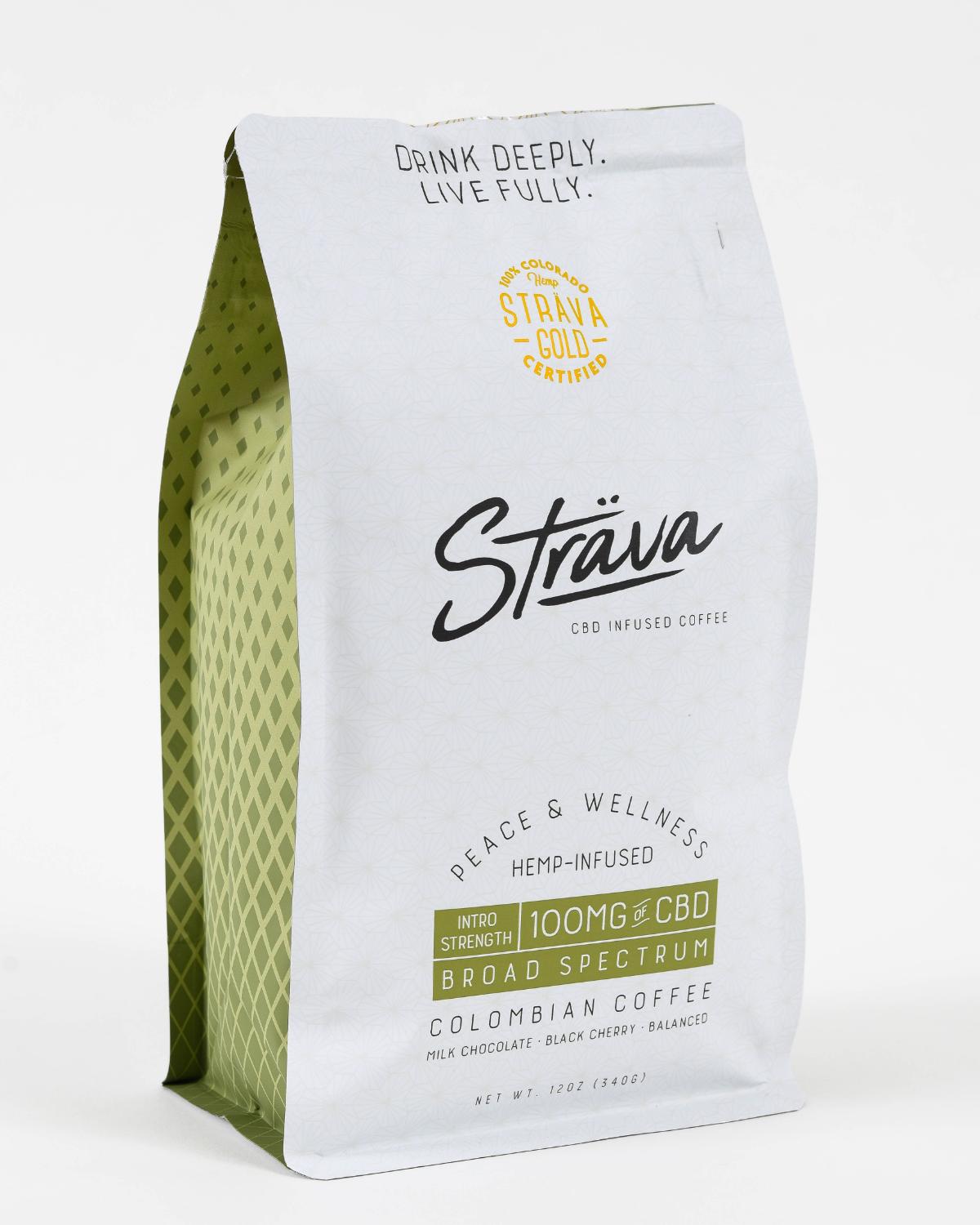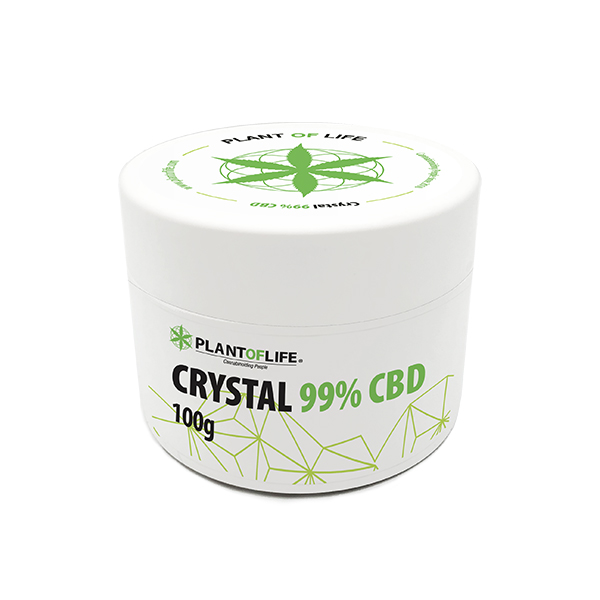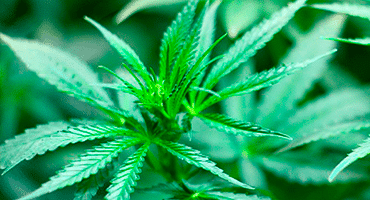
CBD oil is a natural way to manage pain. Cannabidiol is a form that is extracted from hemp. It is well-known for its health benefits such as reducing pain. But how does CBD oil work? You can find out more by reading the following. CBD oil can be used to manage your pain. CBD oil has many health benefits. However, it should not be used without consulting a physician.
Cannabidiol
Cannabidiol, also known as CBD oil, is a well-known and trusted ingredient in medical care. Originally developed as a medical treatment for epilepsy, CBD oil has now been used by millions of patients worldwide to treat a variety of medical conditions. Cannabidiol can be found in marijuana as a nonpsychoactive component. It is not toxic and has no side effects. The Mayo Clinic is the first US medical facility to recommend its use.

Hemp oil
A lot of people are now interested in CBD products that can be purchased over-the–counter. These products are becoming increasingly popular with people suffering from chronic pain. The latest Mayo Clinic Proceedings on hemp oils and CBD highlights the latest research and current legal status. The report concludes that CBD and hemp oils can both be beneficial in relieving chronic pain. Harrison J. VanDolah is a third year medical student at Creighton University in Omaha.
CBD oil
Although CBD has not been approved by FDA for medical purposes, CBD is still being sought out by patients. Many people use these products to self-medicate. Although doctors may dismiss CBD as an unproven treatment option, they encourage health care professionals to explore it. The official Mayo Clinic statement on CBD contains dosages based upon published studies, traditional usage, expert opinion, and other sources. Your condition and length of treatment will affect how much CBD you take.
Pain management
Although CBD products have not been approved for therapeutic use by the FDA, patients continue to seek out information about them. CBD is so popular that health care professionals are encouraged to study the benefits. Even though there is no evidence to support their claims, doctors should maintain a healthy balance of clinical curiosity and skepticalness. The rising popularity of CBD products has raised questions about its safety as well as efficacy.

Addiction management
A recent study showed that CBD reduces heroin cravings in rodents. The CBD has the potential to reduce relapses and ease withdrawal symptoms in individuals who have used heroin. The study subjects had a history and addiction to heroin and were trying prevent relapse. They were shown videos with natural scenery and drug-related videos. They had less heroin cravings and felt less anxious.
FAQ
What are some of the best CBD brands to buy?
These top CBD brands were handpicked by us on the basis of quality, reliability and value.
They offer high-quality CBD oil products that contain less than 0.2% THC.
Also, we recommend that you check out our list with the top CBD sellers around the world.
Is the CBD market saturated?
CBD industry has a growing rate of 25% annually. This growth rate is expected to continue at least for five more years. According to industry projections, it will grow from $2 billion to $5 billion by 2020.
Two companies dominate the CBD market: GW Pharmaceuticals (Canndoc Ltd) and Canndoc Ltd. Both are focused on developing pharmaceutical-grade products. They have not been very effective so far. They are both struggling to gain traction in the marketplace.
Cannabidiol or CBD is a form of cannabis extract with less than 0.3% HHC. It does not cause any psychoactive effects. It is used as a treatment for epilepsy and other medical conditions. It is also commonly used as a dietary supplement.
There are many kinds of CBD products. Some CBD products are made with whole plants extracts, others use CBD isolates.
These products all share one thing in common: low levels are THC.
They are thus legal under US federal legislation. But, you still have to adhere to local laws when selling CBD products. You should always verify your state's regulations for the sale of CBD products.
Some states also make CBD products illegal. These include California and Colorado, Florida, Mississippi. Missouri, New York. North Carolina. Ohio. Oklahoma. Oregon. Rhode Island. South Dakota. Texas. Utah. Virginia. Washington.
If you live in one of these states, then you will probably want to avoid making CBD products.
How big is the global CBD industry?
Euromonitor International reported that the global CBD market was valued in 2015 at $US3.5 billion. This is more than 10% higher than 2014
This figure is expected to grow at an average rate of 12% by 2020.
CBD products are expected to account for around half of all hemp-derived products sold globally by 2020.
This includes CBD oils and other CBD products like food, beverages, cosmetics and pet care items.
Can CBD companies be a good investment?
The answer to this question depends on what you are looking for. If you want to make money, then yes, they are a great investment, but if you just want to invest in something that might help people, then I would say no because there are other ways to do that without spending $20k on an oil extraction machine.
Are there any common mistakes companies make when entering the US cannabinoid marketplace?
Uncertainty about the regulations for cannabis products is the first mistake. This could result in you needing to alter your product formulation.
A second error is not properly labeling your product. It is essential to find out if your product contains either THC or CBD.
The third thing you need to do is understand how to package your product properly. If your product does contain THC, then you must ensure that it is packaged in child-resistant containers.
If your product does not contain THC, then you should still follow all packaging laws because there are many states where cannabidiol (CBD) is legal.
Keep track of any recalls regarding your products. It is crucial to notify customers as soon possible if you have a problem with your product.
How can CBD products be successfully promoted by companies in a regulatory-compliant way?
The FDA does not regulate hemp as an agricultural commodity. The Controlled Substances Act regulates all cannabis derivatives, including marijuana. CBD is not covered by any regulations.
CBD is legal at state level in 29 US states. Federal law considers it illegal. This creates uncertainty for businesses looking to sell CBD products.
The FDA has specific guidelines on how CBD products must be marketed. They must disclose the THC content of any CBD products. Without supporting scientific evidence, CBD cannot be claimed to treat certain medical conditions.
Additional information is required by the FDA regarding manufacturers' manufacturing practices, quality control measures, and other details. They require companies to carry out clinical trials to prove safety or efficacy.
Companies should consider these factors when developing their own marketing strategies.
Statistics
- As a substance that was federally illegal before the passage of the 2018 Farm Bill, hemp-derived cannabinoids with no more than 0.3% THC still face a regulatory grey area. (forbes.com)
- HR −16 mmHg; 95% CI −26, −6; I2 = 92%) (ncbi.nlm.nih.gov)
- The inhibition of FAAH is predicted to lead to an increase in brain and plasma concentrations of AEA, which acts as a partial agonist at CB1R and CB2R, thereby increasing endocannabinoid tone [92, 110]. (ncbi.nlm.nih.gov)
- CBD seems unlikely to directly influence sleep in healthy humans [115] (and maybe “sleep-promoting” in those with certain comorbid conditions) (ncbi.nlm.nih.gov)
- A recent systematic review of human trials also reported that individuals with epilepsy receiving CBD (5–20 mg·kg−1·day−1) were more likely to experience decreased appetite than those receiving placebo (i.e., ~20 vs. 5% of patients) (ncbi.nlm.nih.gov)
External Links
How To
How to become certified for selling CBD products
One of many cannabinoids found within cannabis plants is CBD (cannabidiol). It has been used medicinally since ancient times, including in traditional China, India, and many South American nations. The ability to treat conditions such anxiety, pains, epilepsy, and inflammation has made CBD products extremely popular in recent times. There is no formal certification program for CBD products. At least, not in the U.S. Anyone who wants to sell CBD products will have to use the "unofficial", self-certification process.
There are two ways you can go about it. The first way is to join an association of local cannabusiness owners. You can get support and advice from other members while learning from them. There are currently many associations across the country. Another option is to go online. The majority of states allow cannabusinesses to be online. If your state allows online canna-businesses, you can immediately set up a website and begin accepting orders. You must register with the Department of Public Health in your state. Once you have registered, it will be possible to apply for your license through the state's department public health. After you have received your license, your store is officially open and you can begin taking orders.